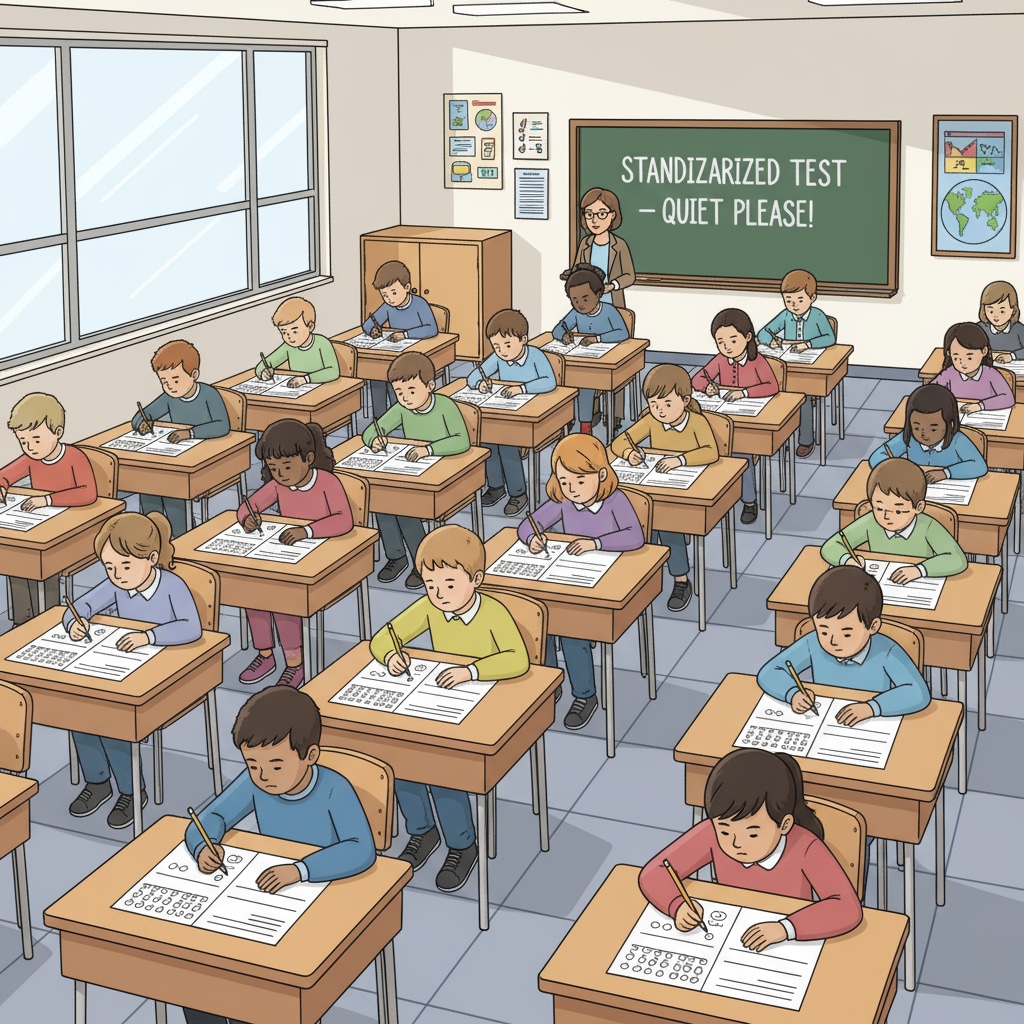In the realm of education, the ongoing discussion about standardized tests, memory ability, and critical thinking has sparked a significant debate. Standardized tests have long been the cornerstone of educational assessment, but do they accurately gauge a learner’s true understanding and critical thinking capabilities? Or are they merely measuring rote memory?

The Dominance of Standardized Tests
Standardized tests have become deeply ingrained in the modern education system. They are used to evaluate students at various levels, from primary school to college admissions. For example, in many countries, students take standardized exams to determine their eligibility for higher education. These tests are seen as a way to maintain a certain level of educational quality and compare students’ performance across different schools and regions. Standardized test on Wikipedia
The Memory Factor
One of the main concerns is that these tests often seem to favor memory recall. Many questions in standardized tests require students to regurgitate facts and figures they have memorized. This means that students who are good at rote memorization may perform well, even if they don’t fully understand the concepts. As a result, the tests might not be accurately assessing a student’s comprehension. Standardized testing on Britannica

The Lack of Critical Thinking Assessment
Critical thinking, on the other hand, involves analyzing, evaluating, and forming one’s own opinions. Unfortunately, standardized tests rarely provide opportunities for students to demonstrate these skills. Most questions have predefined answers, leaving little room for students to think creatively or critically. This lack of assessment of critical thinking skills can hinder students’ development in the long run.
To address these issues, educators and researchers are exploring alternative assessment methods. These could include project-based assessments, oral presentations, and open-ended essays. Such methods allow students to showcase their understanding and critical thinking abilities more effectively.
Readability guidance: By highlighting the problems with standardized tests and suggesting alternatives, we can move towards a more comprehensive assessment system that truly evaluates learners’ thinking skills, rather than just focusing on memory recall.


